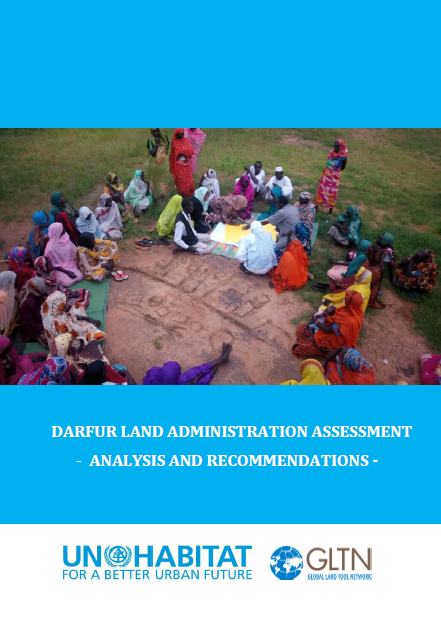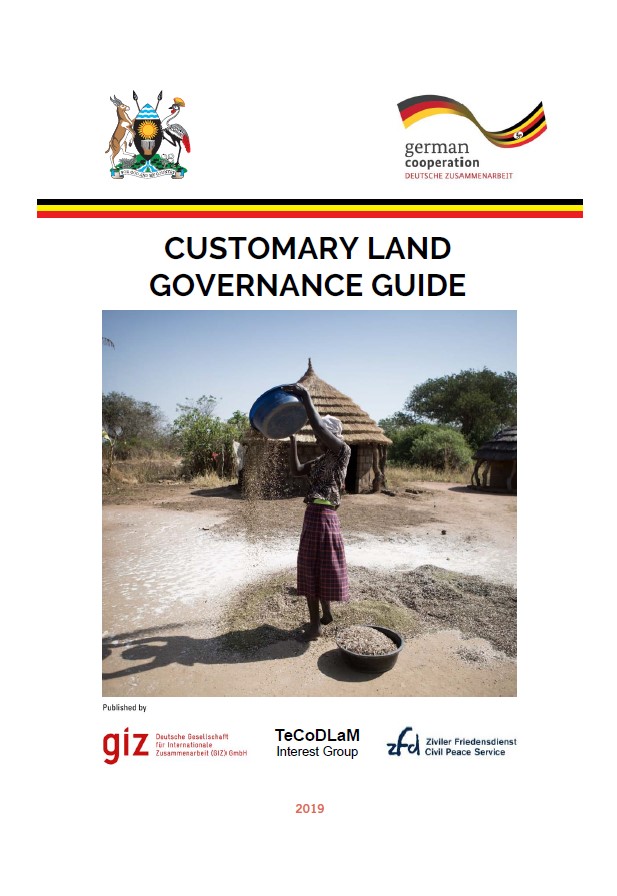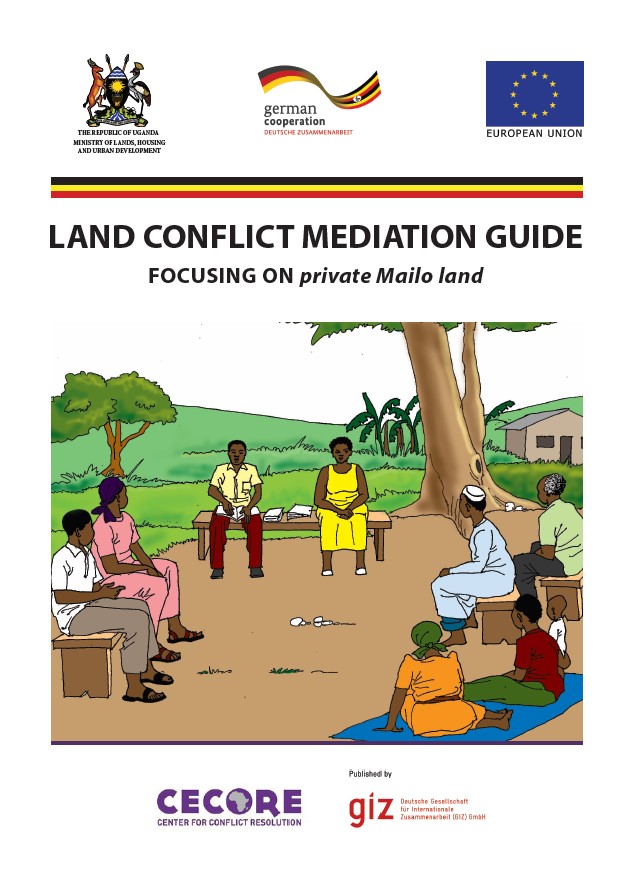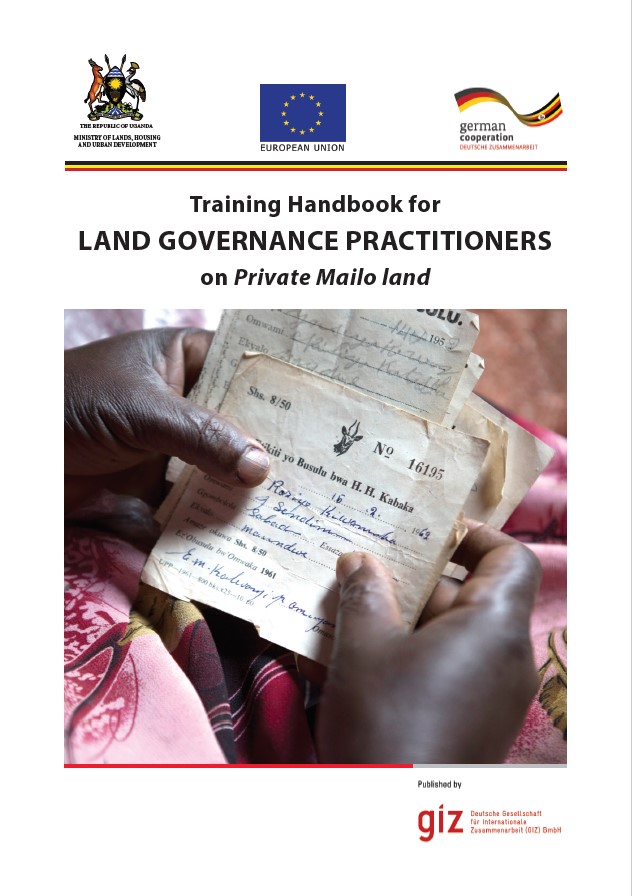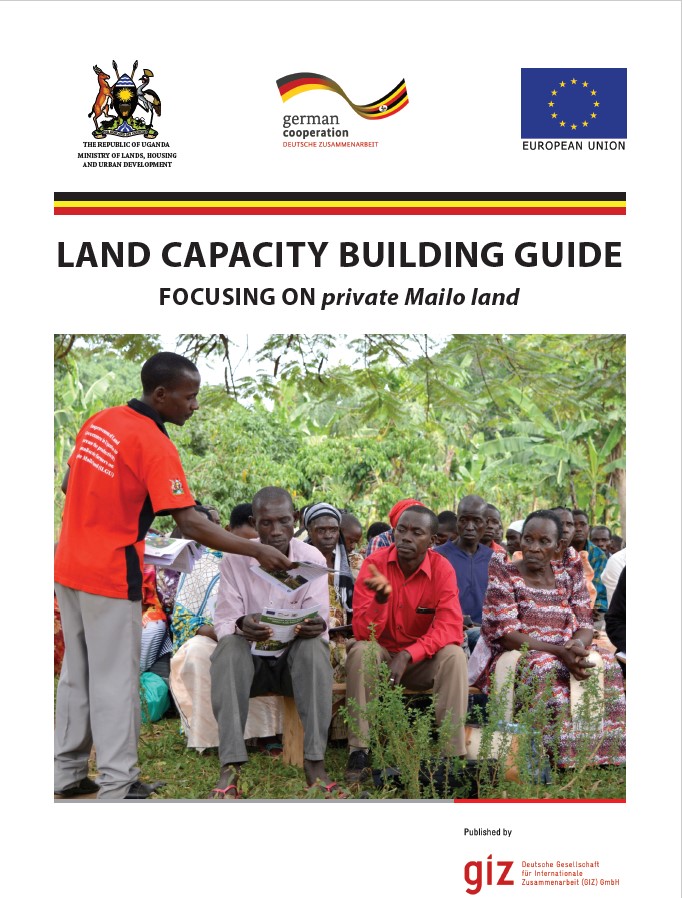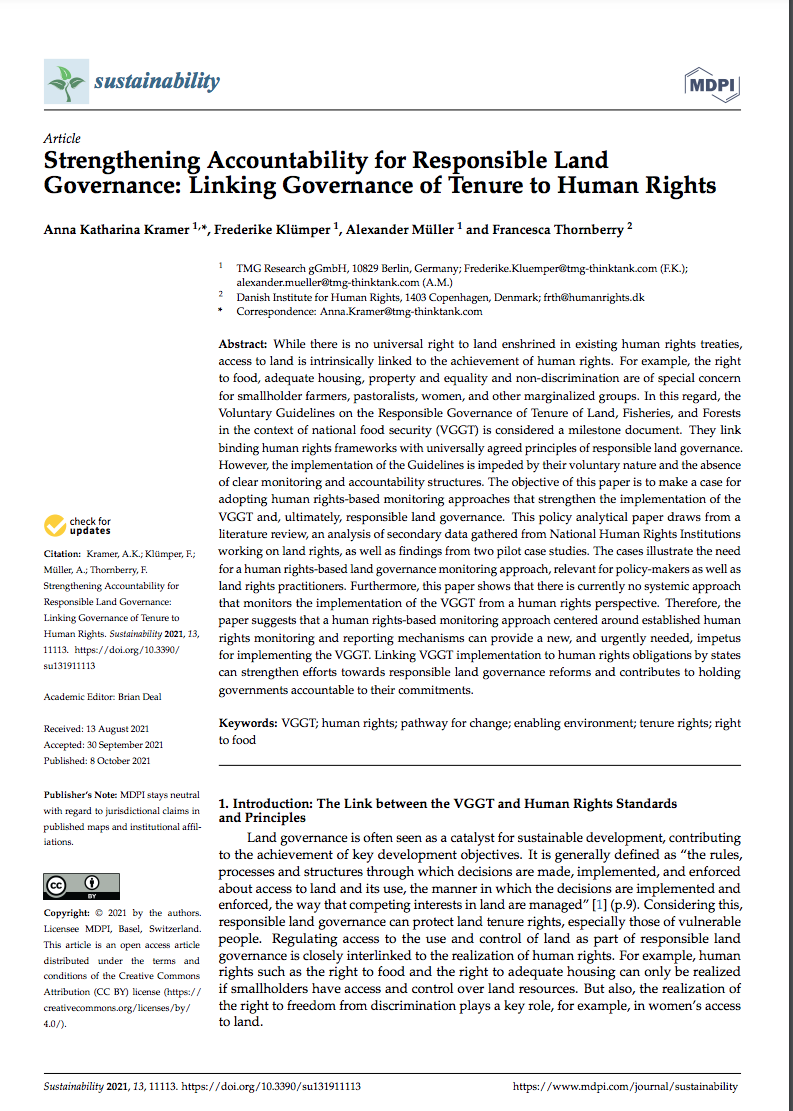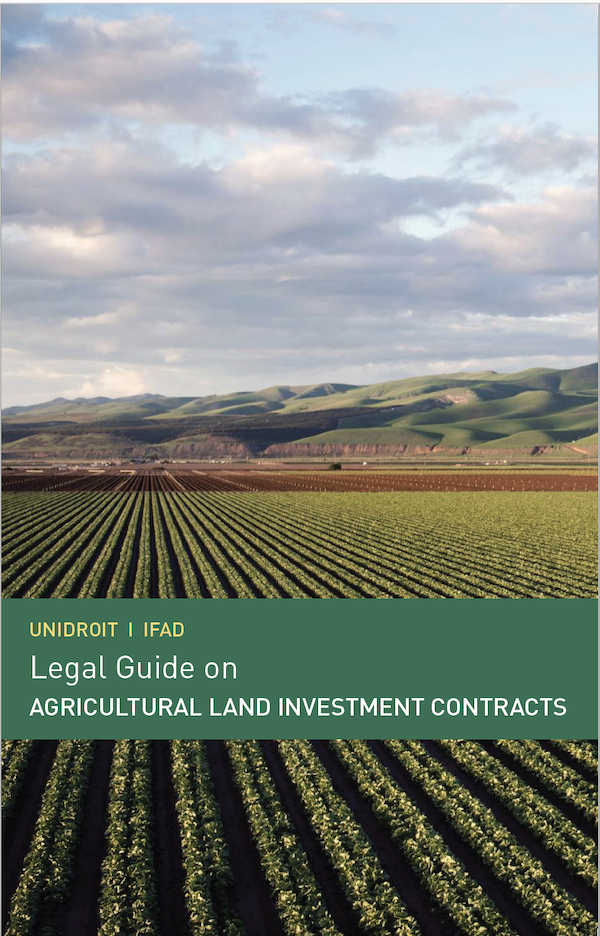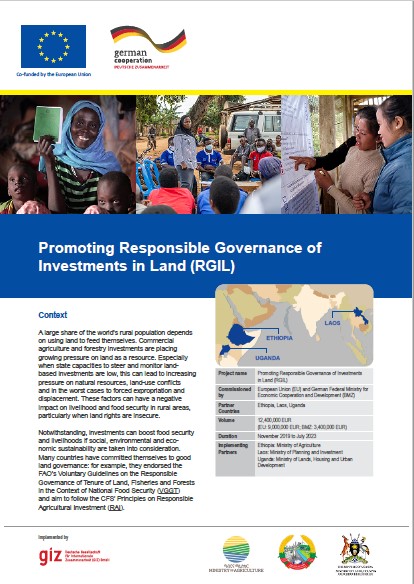Darfur Land Administration Report
The objectives of the report are to assess the statutory and customary land administration systems and practices in the five Darfur states of Sudan, and to provide guidance to relevant stakeholders on how to support the tenure security and housing, land and property (HLP) rights of people voluntarily returning to Darfur and of other vulnerable people, such as IDPs, refugees, women and youth. Although the primary focus of the report is on securing the land rights of returnees, vulnerable and displaced people, the findings and recommendations are relevant to the overall Darfur population.

